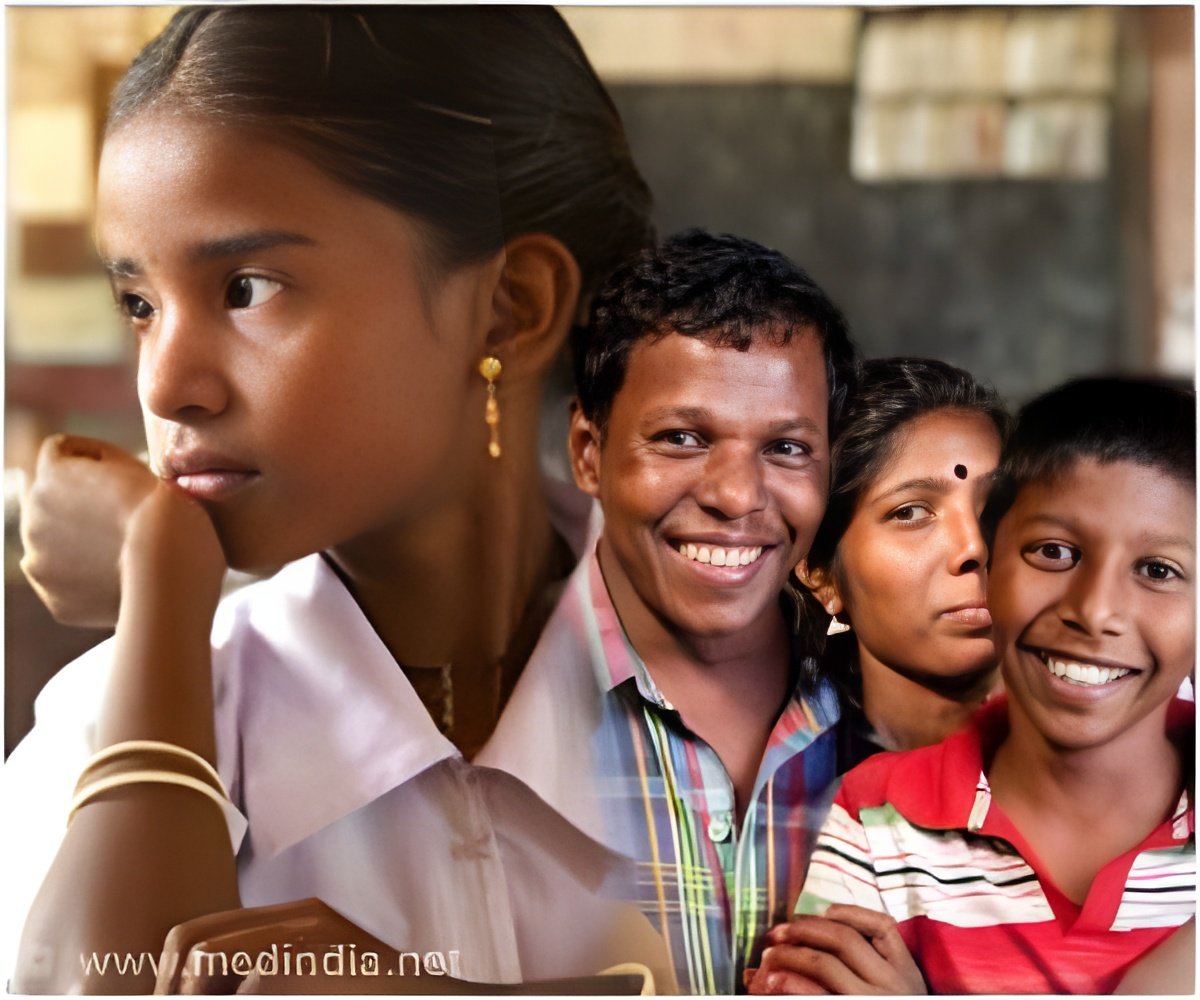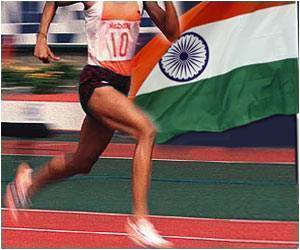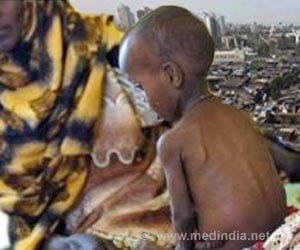
"There was this feeling that somehow he might have a negative impact on them, that he might rub off on them. There's a lot of ignorance about disability," Auluck told AFP.
Finally Auluck, a mother of two and a doctor of psychology, learnt to choose her words carefully.
"I'd say yes I have a son. He has a job but he can't go into academia," said Auluck.
For the 40 to 60 million people with mental and physical disabilities in India, discrimination and stigma are daily battles. In a country where social standing -- including through marriage -- is all important, having a disability often means being relegated to the bottom of the pile.
"A lot of families keep their disabled children behind closed doors because they are embarrassed," said Auluck, director of Muskaan, a training and work centre for intellectually disabled.
Advertisement
Sonia Gandhi, head of the ruling Congress party, has promised disabled groups the landmark legislation will be passed, seven years after India signed the UN Convention on the Rights of Persons with Disabilities.
Advertisement
But others fear the well-meaning bill, even if it is passed, will make no difference to the way in which the disabled are treated, in a country where many existing laws are poorly enforced and often flouted.
- Disability a 'curse of God'-
Attitudes against disabled people, particularly women, are deeply entrenched, especially in poor rural areas where families are already struggling to make ends meet and social services are few.
"This whole scenario makes her more vulnerable -? she is treated as a burden in the family, as a result domestic violence and sexual abuse is rampant," said Shampa Sengupta, who has worked with the intellectually disabled in the eastern city of Kolkata for 25 years.
"Both at family level as well as the outside world, people think she is dependent," said Sengupta, who herself battles chronic depression.
As a result, forced sterilisation of women, particularly ones with intellectual disabilities, are still common, along with forced abortions for those who do fall pregnant, Sengupta told AFP.
In some cases, a disabled woman is married off to a man who is also "given" the woman's sister as a bride, as a way of smoothing the deal and as a favour to the over-burdened husband, she said.
Police are less likely to treat cases of sexual assault against disabled women as seriously, said Sengupta, who is currently helping a family whose blind 14-year-old daughter was raped, allegedly by a neighbour.
"There is a perception that disabled girls are worth less so they are given less attention by police. Others are very sympathetic, offering her sweets and saying 'poor girl.' But that doesn't mean her case will be treated in the same way (as others)."
- Last chance for bill -
Activist Abidi, born with congenital spina bifida and confined to a wheelchair, agrees more education is needed to change attitudes. But he said the bill was crucial to empower the disabled to take action themselves to correct society's misperceptions.
"This is the start of something. The bill may not be perfect, but nothing ever is, and we are not going to get this chance again," said Abidi, referring to looming general elections that are likely to see the left-leaning Congress party booted out of power and the bill dropped.
Millions more people are classed as disabled under the bill, including those with autism and multiple sclerosis, which entitles them to government benefits. These disabled can also use the bill to fight discrimination across all areas.
"It means people with mental disabilities in particular have the right to hold a job, have the right to open a bank account and no-one can tell them 'no' because of their disability," said Abidi.
Some disabled groups opposed the bill, which would replace a 1995 law, saying it has been watered down from earlier draft versions.
But Zorin Singha, who was born deaf, said the current paper was "perfect" for the country's 18 million hearing impaired, including making captions or sign language interpreters available for all electronic media.
Singha said he learnt nothing when he was at school because his teachers, not trained to help deaf students, just kept telling him to speak. The new legislation gives the disabled the right to a decent education.
"We have been waiting since independence for this, some of us even longer," said Singha.
Source-AFP









